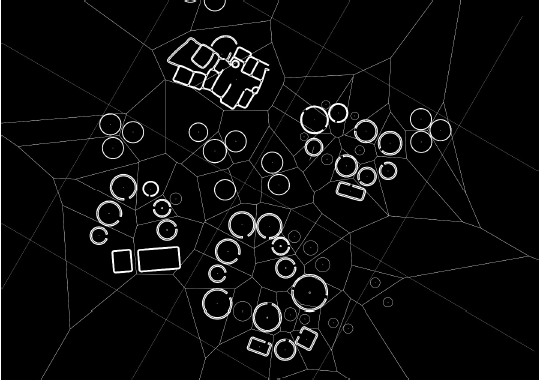Principal In(ve)stigator: E.K. Ofori-Sarpong (School of Architecture and Design, Central University).
Collaborators: Lois N.K. Quartey || Andy T. Nelson || Dennison Abade || Stanley Ihejirika.
The aim of this case study is to develop alternative, theoretically grounded and speculative ideas for communal urban dwelling in the future.
The premise is that recent attempts to put forward ideas for urban housing have inherited a number of historically-conditioned shackles. These include problematic notions of capitalist individuality, intensive profit-seeking, unsustainable resource extraction, and the denial of individual agency over domestic space. Furthermore, these attempts have focused, disproportionately, on affordability and programmatic efficiency to the exclusion of broader theoretical questions. All these conspire to deprive Ghanaian architectural practice and pedagogy of a coherent and theoretically grounded disciplinary discourse on the future of domesticity.
To address this lacuna, the case study draws on findings from ethnographic fieldwork, contemporary (African) philosophy, biology, mathematics, history, regenerative design and theories of urban ‘commoning’. It uses a design-asresearch approach to interrogate the opportunities these forms of knowledge offer for rethinking the architecture of the domestic realm. It will explore avenues for enhancing and amplifying existing communal dwelling typologies and associated social practices of resource sharing.
Rather than framing the resultant drawings as end-products for immediate implementation, they are seen as embryonic and theoretical diagrams, with a potential to trigger pragmatic solutions in the future.
Parti diagram based on a fictitious historical city inspired by the work of Ghanaian-British philosopher Anthony Kwame Appiah. It represents an inclination towards “mélange, hotchpotch, a bit of this and a bit of that” (Appiah, 2006: 112) and an aversion for false narratives of the puritanical and uncontaminated.

